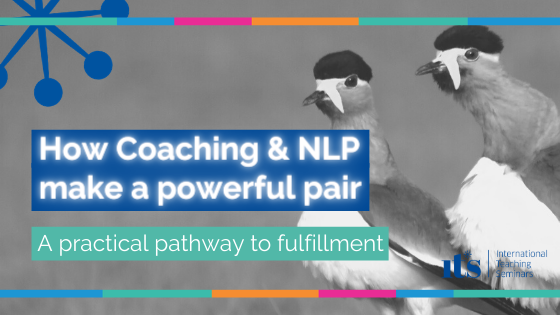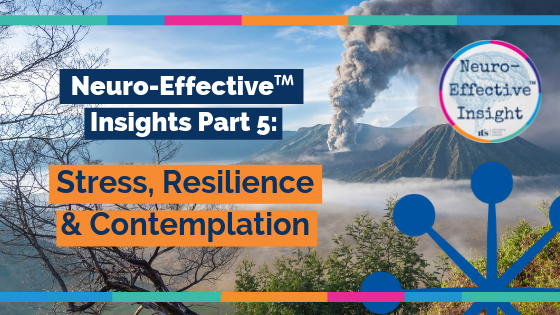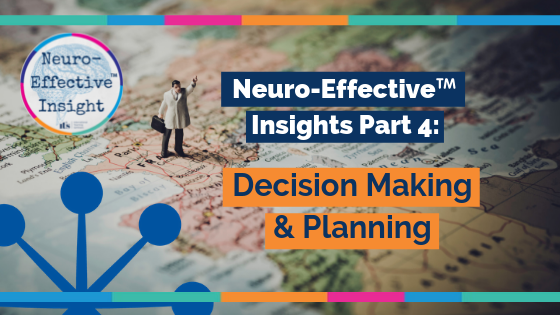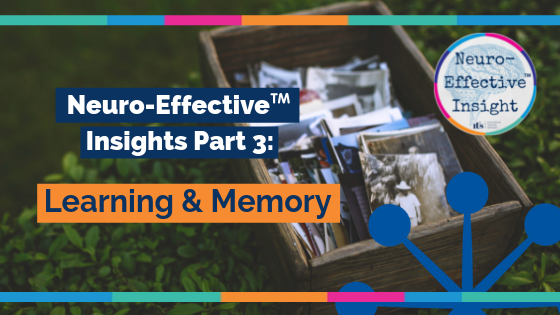Coaching & NLP: A practical pathway to fulfillment
Thinking, feeling and behaving are all organised through your brain. NLP gives you the tools to understand, at a practical level, how you create your experience, and communicate with yourself and others. As human beings we are creatures of habit in what we think, what we feel and what we do. Some habits are really useful, while others can be ineffective, limiting or even undermining.
A coach can help you formulate clear and achievable goals and work out what steps are needed to achieve them, identify internal and external resources that will help in the process, keep you on track and do what’s necessary in order to make steady progress. Coaching gives you a clear and structured format.
That’s different from having somebody telling you what to do or how to do it. Often people find through good coaching they actually have the answers to the questions about what and how and why. And if you don’t? Not a problem. NLP can give you the tools to find out and learn how to do what’s needed.
It is because NLP and Coaching are so complimentary that I pioneered integrating NLP and Coaching and wrote the original NLP Coaching book called…The NLP Coach!
Key characteristics which NLP and coaching share
Outcome-focused
A very important question to ask yourself is ‘What do you want?’ Having identified that, NLP and Coaching can help formulate your goals in ways that give you the best chance of achieving them.
Customised to your needs and your aims
Because NLP and Coaching focus on the unique individual, the help they offer relates specifically to you: NLP tools and coaching strategies are all adaptable to your needs, your circumstances and your way of working.
Non-judgemental
Even when your way of thinking or behaving is less effective than you’d like, it isn’t necessarily wrong. Virtually all mental and interpersonal ways of thinking and behaving work in some situations but less well in others. Both NLP and coaching can help you become more aware of what those are, so that you have more choice and can become effective more of the time. Want to learn some new tools? That’s what NLP can deliver.
Supportive
There are no ‘oughts’ in NLP or coaching, though there are plenty of skills and strategies. Experimenting with them, and monitoring what works for you, is a habit NLP coaches encourage, and one which develops your confidence and your independence in managing your life.
You have all the resources you need – or you can get them
NLP and coaching help individuals and teams realise the talents and resources that they already have and then help people put them to work. .There is so much untapped talent in people which NLP and Coaching can unleash. You’ll probably be surprised by what you’ve got at your disposal.
How do NLP and Coaching do this?
They both:
Help you stay on track by keeping you to your own agenda
NLP and coaching help keep you attentive to your own aims and ensure that you monitor how you are doing in relation to them. The aims, the agenda, and the pace of work in relation to them become yours to determine.
Work within a curiosity frame
When we ask questions we get more information, and this gives us more to work with. The key questions to ask are ones which provide detail you can use. They provide a level of detail which enables you to find out what needs to change and what needs to stay the same – and how you can make the most effective interventions.
Help break down larger, longer-term goals into smaller, shorter term achievable steps
Often, you can have a clear goal in your mind and not know how to begin working towards it; or you may be overwhelmed and even despondent at how far away the goal seems from where you are now. By breaking down the overall goal into its component steps, NLP Coaching gives you practical, do-able ways of working towards it. These successful experiences along the way empower you and increase your motivation.
Increase your awareness of what is happening here-and-now
NLP and Coaching will increase your awareness of what’s actually happening for you and for others. This greater awareness can be key to knowing what to do next.
Show how change can be cumulative and manageable
This is a very important assumption, because it allows you to discover how big changes or achievements can actually be made through small actions, one step at a time. Yes, sometimes change can be big and dramatic, but often you may just want to make those changes bit by bit. NLP coaching helps you discover the specific ways that work for you.
Make it possible for everyone to engage in lifelong learning if they want to
The more you know about how you work, the more you can choose to do more of what works for you, and the more you learn about how to change what doesn’t. NLP and Coaching give you the practical means to do this.
Work with processes and structure, not content
We respect the importance of your content to you. However. If you want to make changes, you need to do it at the level which drives that content and your experience – and that’s the level of process. If you want to succeed here you need to know the ways things really work in your brain. We’ll show you how to take charge.
Learning & working with NLP & Coaching can have a positive impact across all areas of your life – personal & professional – and for individuals, teams and organisations, including:
- help you to become clear about what you really want
- achieve your goals
- find new ways to solve problems
- acquire the skills you admire in others
- use your time more effectively
- develop your sense of purpose
- be clear about your values and align your actions to them
- discover how your beliefs can help – or limit – you
- make the changes you need to make
- overcome the effects of negative experiences
- feel confident in whatever you attempt to do
This article is an adapted excerpt from the bestseller The NLP Coach by Ian McDermott & Wendy Jago.
If you want to learn more about our ICF Accredited Coach Training Programme ‘Mastering the Coach Approach‘ or our certified ‘NLP Practitioner Programme with Neuroscience‘.





Dear Ian,
Thank you for your messages and the series of lectures you had before the summer..
I would just like to comment on something that stood out for me, about the paragraph Work with processes and structure, not content.
I don’t think people who are not already in NLP may understand what that means. I may be wrong of course, but I would re-phrase it for the general public..
Kind regards
Patrick Baron